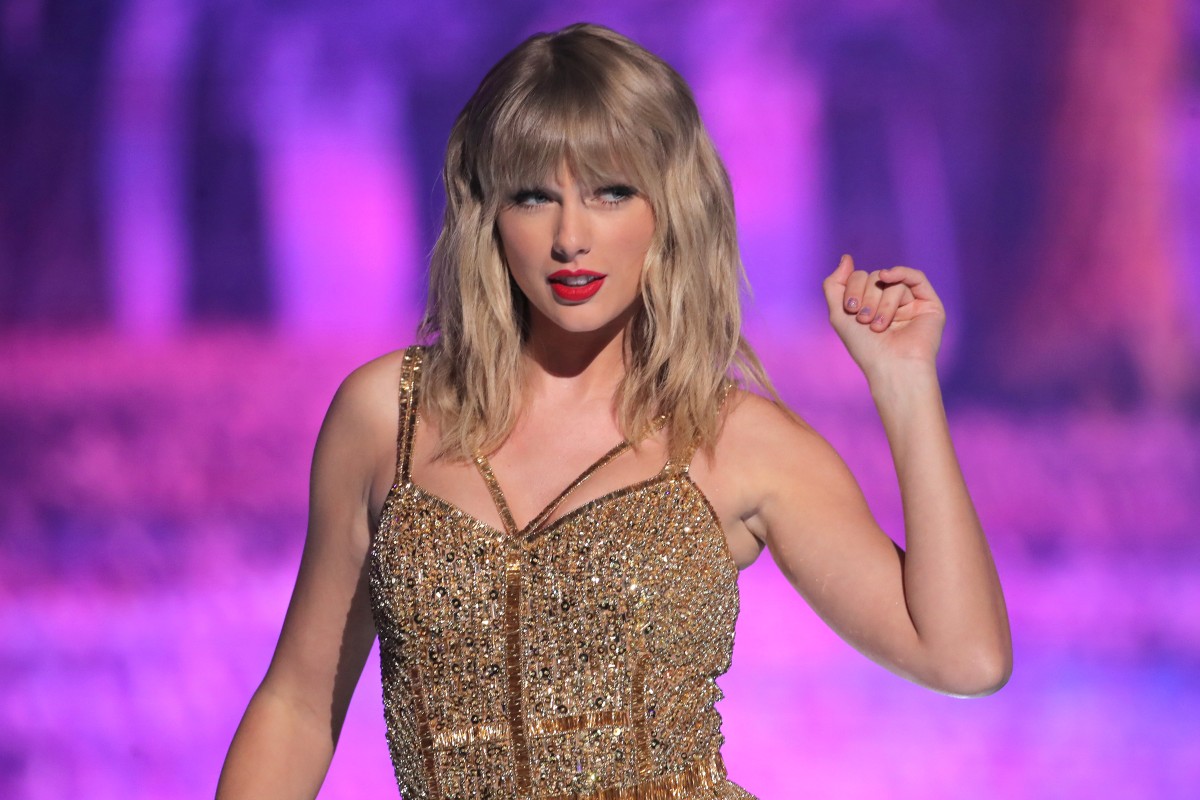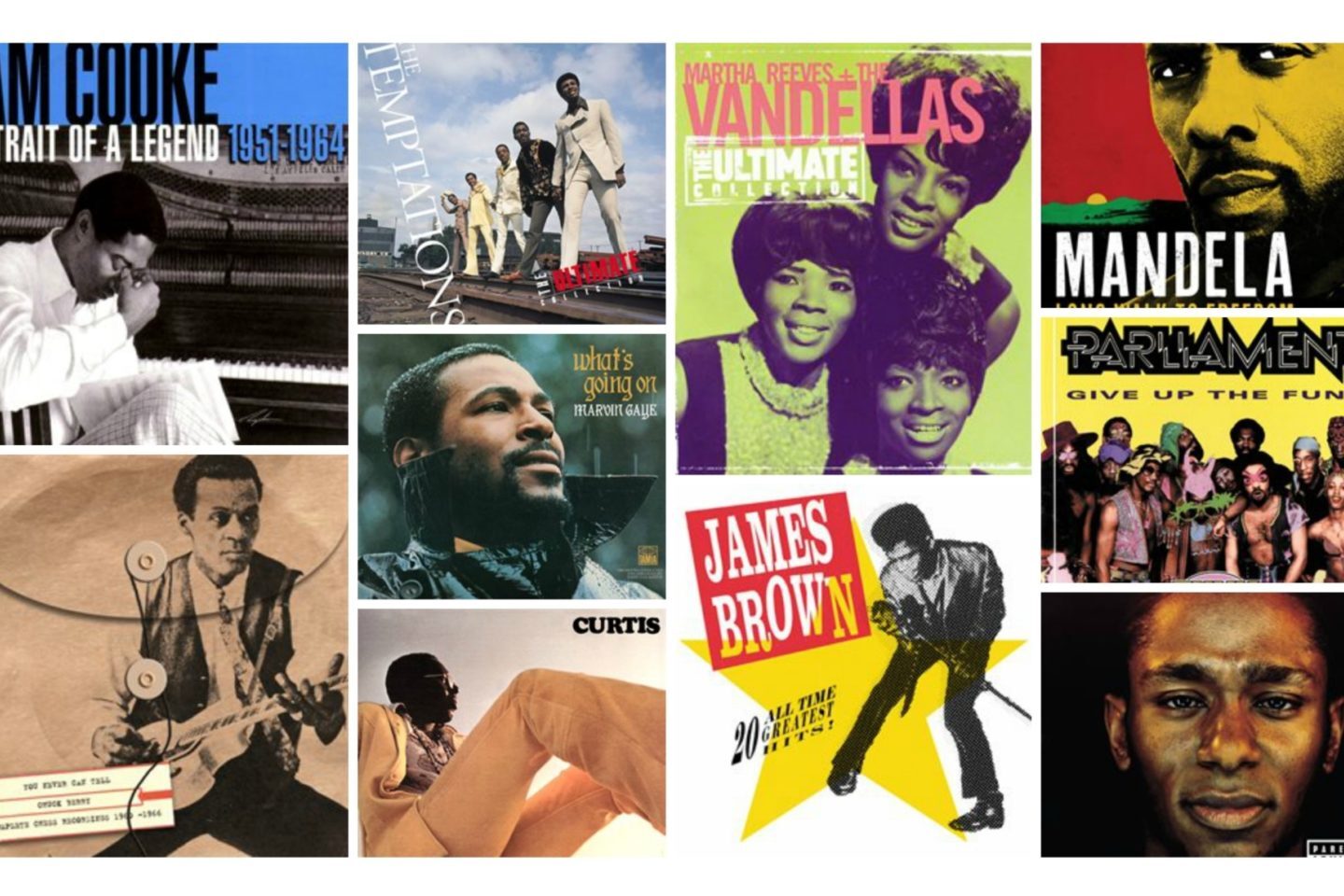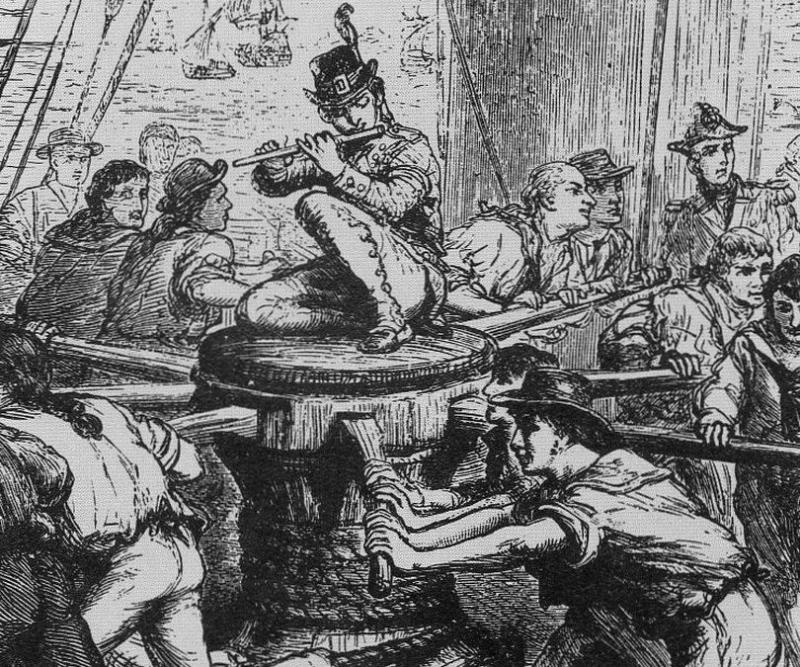We’re honoring this Black History Month by recognizing and celebrating ten iconic and influential songs by black American musicians:
Strange Fruit by Billie Holiday (1939)
This 1939 protest song originated as a poem concerning the lynching of black Americans in the South during the Jim Crow Era. Its haunting lyrics describe lynching victims as a type of strange fruit that hangs from trees, rots in the sun, blows in the wind, and becomes food for crows. This raw and powerful song has been referred to as “the beginning of the Civil Rights Movement” and “a declaration of war.” Holiday received demands to stop singing “Strange Fruit” from powerful groups including the FBI, but bravely kept performing, sending a powerful message of resistance that further heightened the song’s prominence in the Civil Rights Movement.
We Shall Overcome
Originating from the 1901 gospel song, “I’ll Overcome Some Day,” “We Shall Overcome” is known as one of the most significant protest songs of the American Civil Rights Movement. While it has been covered countless times, the most well known common day rendition is accredited to Pete Seeger, director of the People’s Song Bulletin. Its lyrics concern the act of overcoming bigotry, violence, and hardships, lending itself perfectly to become the “unofficial anthem” of the Civil Rights Movement in 1959.
“We Shall Overcome” was performed at protests, rallies, festivals, and concerts across the country in the 1960s. For example, folk singer Joan Baez led 300,000 people in singing “We Shall Overcome” during A. Philip Randalph’s March on Washington at the Lincoln Memorial in 1963. Additionally, Martin Luther King Jr recited the song’s lyrics at his final sermon on March 31, 1968, just four days before his assassination. Over 50,000 people came together to sing “We Shall Overcome” at his funeral days later. Because of its prominence in the Civil Rights Movement and its empowering message, “We Shall Overcome” is still performed at protests around the world today.
A Change is Gonna Come by Sam Cooke (1964)
This 1964 R&B hit is known as one of the most recognizable anthems of the American Civil Rights Movement. Inspired by other songs of the Civil Rights Era, Cooke wrote “A Change is Gonna Come” after his band was turned away from a Louisiana “whites-only” Motel. This emotional song has received abundant critical acclaim, being placed at number 12 on the Rolling Stones’ list of the “500 Greatest Songs of All Time” and selected for preservation in the Library of Congress. “A Change is Gonna Come” has remained prominent for decades and is still sung and referenced in protests and marches for the Black Lives Matter movement.
Dancing in the Street by Martha Reeves and the Vandellas (1965)
Although this upbeat song was originally written as a party song about having a great time no matter where you are, it is now best known for its role in the Civil Rights Movement. In the context of the political and social turmoil of the 1960s, “Dancing in the Street” was reclaimed as a protest song that promoted social change, as its joyous lyrics were interpreted as a message to reject passive peace and fight for the freedom of minorities in America. When asked about the song’s importance, Reeves was committed to the original meaning, saying “My Lord, it was a party song!” However, her intent doesn’t change the impact that this uplifting song had on the Civil Rights Movement.
Say it Loud, I’m Black and Proud by James Brown (1968)
This 1968 funk song is celebrated for powerfully promoting black empowerment and independence. James Brown’s main goal with “Say it Loud, I’m Black and Proud” was to encourage self-esteem in his African American listeners, coining the anthem as a “rallying cry for peaceful self-pride.” The song has had a widespread impact, as described by Public Enemy’s Chuck D: “The sheer magnitude of ‘Say it Loud’ was an implanted, soundtracked theme into understanding that our minds, bodies, and souls were black and beautiful.’
What’s Going On by Marvin Gaye (1971)
In the 1970s, Marvin Gaye was tired of singing purely romantic music and wanted to turn towards socially conscious artistry, a desire that manifested in the creation of “What’s Going On.” This song’s powerful lyrics are a plea for peace on earth and equality, asking why we treat each other so poorly and hoping for a future of greater love and understanding. Although Berry Gordy of Motown Records was worried that no one would want to listen to a romantic singer perform political music, Marvin Gaye released this song to extreme commercial success in 1971. “What’s Going On” has since received widespread critical acclaim, and is considered the 4th greatest song ever according to Rolling Stone’s “500 Greatest Songs of All Time” list.
F**k Tha Police by NWA (1988)
This 1988 protest song addresses the injustices of racial profiling and rampant police brutality in America. Inspired by an experience when the LAPD forced members of NWA to lay in the street with guns pointed at their heads, the lyrics of “F**k Tha Police” create an image of a trial against the police, where NWA members give testimony and judge the proceedings. Its title has since become an influential slogan that is often chanted at protests against police brutality.
Alright by Kendrick Lamar (2015)
Lamar has described “Alright” as a message of hope in the face of racism and inequality, using messages of solidarity to convince the audience that, together, “we gon’ be alright.” This song became associated with the Black Lives Matter Movement after its chorus was chanted at youth protests in 2015/16, and has since been referred to as the “unifying soundtrack” of BLM, “this generation’s ‘We Shall Overcome,’” and even “the modern Black National Anthem.”
Formation by Beyoncé (2016)
“Formation” is a song of black positivity and empowerment, with Beyoncé’s lyrics proudly celebrating her heritage as a black American from Alabama and Louisiana. This anthem was released on February 6, 2016, one day after what would have been Trayvon Martin’s 21st birthday and one day before what would have been Sandra Bland’s 29th.
This is America by Childish Gambino (2018)
“This is America” addresses issues of gun violence and the lasting impacts of systemic racism in America. Upon its release, the song was celebrated for its powerful music video, which alludes to subjects like Jim Crow policies and the 2015 Charleston church shooting. Written during a time of extreme political turmoil and unrest in America, “This is America” provides a commentary on America’s overwhelming numbness towards racism and mass shootings. Gambino expertly juxtaposes positive and darker sounds and lyrics to symbolize the contrast between the media perception of black American life and the realities of what it means to be black in the US.
Live Music Unites in Covid Vaccine Rollout



